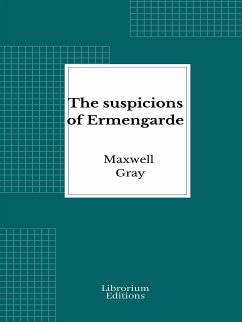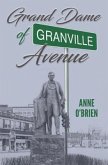Fog of the colour known as pea-soup-in reality amber mixed with lemon-peel and delicately tinted with smut-pervaded the genial shades of Kensington Gardens and cast a halo of breathless romance over many a "long, unlovely street" and many a towering pile of crudely hideous flats in the regions round about. It sneaked down chimneys, stalked insolently through front doors, regardless of locks, curtains and screens; it wandered noiselessly about houses, penetrating even to my lady's chamber; it permeated cosy drawing-rooms and snug dining-rooms with gloom like that of an ancestral ghost, or an unforgettable sorrow, or-the haunting horror of unpaid bills. "Yes, that is the true, the inevitable simile, the fitting word," Ermengarde said to herself with melancholy triumph, from her downy nest in the deep warm Chesterfield by the fire, "the haunting horror of unpaid bills. 'Haunting horror' is good. And it's not so much the unpaidness of the bills as the size of them-and the kind of them. The butcher's bill, for instance-how enormous-and yet Arthur takes it as coolly as the collection in church, or the waiter's tip, that just means a finger slipped into a waistcoat pocket and out again, without even looking. When one thinks of the lovely things one might buy with the butcher's quarterly bill and can't!"
Dieser Download kann aus rechtlichen Gründen nur mit Rechnungsadresse in A, B, BG, CY, CZ, D, DK, EW, E, FIN, F, GR, HR, H, IRL, I, LT, L, LR, M, NL, PL, P, R, S, SLO, SK ausgeliefert werden.









